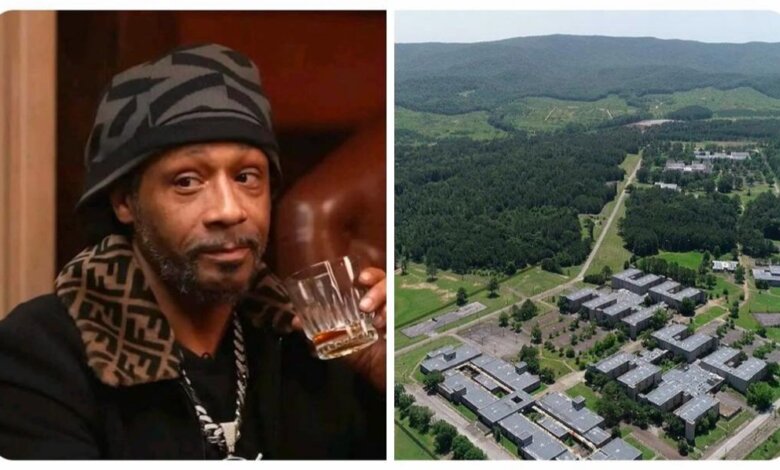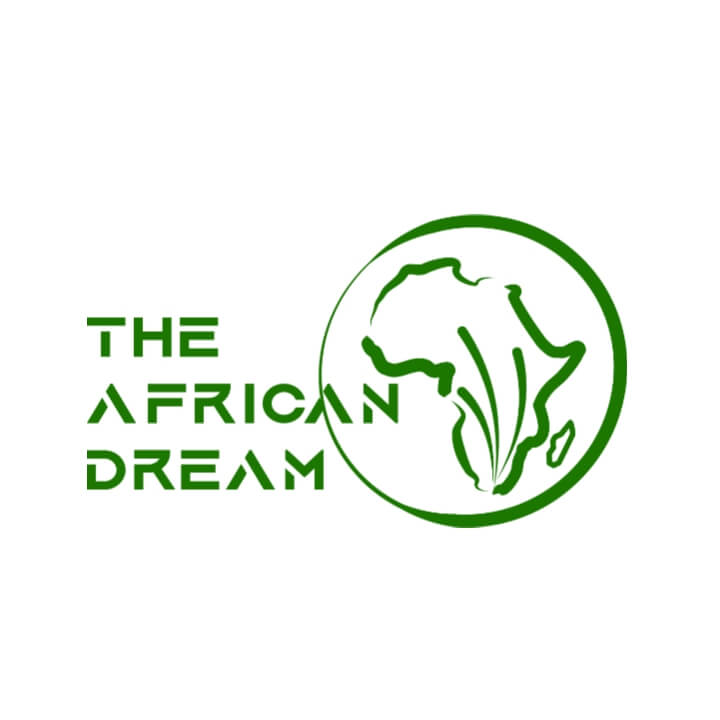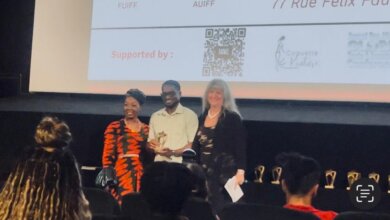Katt Williams’ 117-acre studio could influence Africa’s filmmaking

American comedian, actor, and rapper, Katt Williams, has made a bold move that could have far-reaching effects beyond Hollywood. His purchase of a 117-acre former military base in Anniston, Alabama, with over 30 buildings and three million square feet of indoor space, marks the beginning of his film studio.
Locally called “Starships,” the property listed at $1.5 million, offers ample room for William’s film production studio, complete with 30 separate concrete buildings, 3 million square feet of indoor space, 10 barracks with 20 rooms each, two large gymnasiums, and over 90 acres of usable land.
Known for his raw and often provocative comedy style, Williams frequently addresses topics like politics, society, and culture. He has appeared in numerous TV shows and films, including Friday After Next (2002), First Sunday (2008), NYPD Blue (TV series, 2007-2008), Wild ‘n Out (TV series, 2012-2013), and Atlanta (TV series, 2018). He has also released several stand-up comedy specials, including Pimpin’ Pimpin’ (2008), Money Mike (2010), Kattpacalypse (2012), Priceless: Afterlife (2014), and Great America (2018).
Williams’ ambitious venture aligns with a broader movement among Black filmmakers seeking independence and creative control over their narratives. He aims to help create more infrastructure for Black creators and storytellers, emphasizing that the pressure shouldn’t fall solely on Black industry figures like Tyler Perry and Idris Elba.
“It’s just not fair to put all that pressure on Tyler Perry,” said Williams in a public statement. “He can only do so much.”

Perry has demonstrated the power of Black-owned film studios, offering a blueprint for how Black creators can thrive without relying on traditional Hollywood gatekeepers. Idris Elba has also been making headlines with his ambitious vision to transform the entertainment industry in Africa, and his plans to build film studios across the continent.
But what does this mean for Africa? TheAfricanDream believes there’s a need for strong film infrastructure on the continent and strong affiliations abroad. Williams’ move in spectrum could further ignite interest in similar projects abroad.
While the development is a milestone for Black creatives in the U.S., its impact could extend far beyond American borders—potentially influencing the African film industry as well. TheAfricanDream takes a closer look at how this could shape the future of filmmaking on the continent.
Stepping up Africa’s filmmaking
There’s been a growing demand for African stories and content globally. Films like “Black Panther,” “The Wedding Party,” and “Black Book” increased interest in African storytelling, presenting an opportunity for Williams’ studio to tap into this market.
While Williams’ studio is initially focused on American film production, there’s potential for it to become a hub for African filmmaking in the future. By providing resources, collaborations, training, and distribution opportunities, the studio could support the growth and development of the African film industry.
This is the perfect time. By 2030, Africa’s film and audiovisual sector may generate $20 billion in additional revenue and 20 million jobs, according to a recent UNESCO estimate. Nigeria, South Africa, and Kenya have already seen significant investments from international firms like Netflix and Disney.
African countries have limited film studios, equipment, and trained personnel, making it difficult to produce high-quality content. Williams’ studio, with its 117-acre property and planned state-of-the-art facilities, could provide African filmmakers with access to world-class infrastructure and resources.
“Much of the imagery about Africa isn’t even generated from Africa,” Elba told CNN at the Stellar Development Foundation’s Meridian conference in London last October. “A lot of media is centred around (negative depictions of Africa). But the median age in Africa is 19; these young people are optimistic and deserve the chance to tell their own stories.”
Many African films struggle to find audiences beyond their local markets, limiting their commercial potential. Williams’ studio, with its connections to the American film industry, could provide African filmmakers with access to global distribution networks and marketing expertise.
Idris Elba & Juliet Asante
In recent headlines, Elba has been one of the most vocal advocates for building a strong African film infrastructure. The British-Ghanaian actor has long championed the idea of a film studio in Ghana and recently announced plans to develop one.
Speaking about his initiative, Elba emphasized that Africa must have the facilities to tell its own stories at an international level. His vision aligns with that of Williams—both seeking to create self-sustaining ecosystems that empower Black creatives globally. TheAfricanDream has followed Elba’s journey closely, recognizing his potential to connect African filmmakers with Hollywood networks.
Williams’ project also draws parallels with the work of Ghanaian filmmaker Juliet Asante, the founder of the Black Star International Film Festival. Asante has long advocated for investment in African film infrastructure and policies that support the industry’s growth.
Asante’s efforts with Black Star have created a platform for African filmmakers to showcase their work on an international stage. If Williams’ studio opens doors for African talent in the U.S., it could further amplify the work that organizations like Black Star are already doing. TheAfricanDream is excited to highlight Asante’s contributions and the need for more industry leaders to follow her lead.
The exchange of ideas and expertise between African filmmakers and American industry professionals could lead to the production of high-quality African content that appeals to global audiences. By working together, African filmmakers could gain valuable insights into international production standards, marketing strategies, and distribution networks.
Source: TheAfricanDream.net

This article is published by either a staff writer, an intern, or an editor of TheAfricanDream.net, based on editorial discretion.



